Delivering the conservation message is one of the most important tasks for anyone that considers themselves a steward of our natural environments. Unfortunately, that message sometimes is delivered in a way that seems to be asking the reader to add another task to the already long list of responsibilities that life brings their way, without reminding us in a compelling way why conservation remains such an important charge in our rapidly changing world, but incredibly rewarding.
Day After Tomorrow
In yet another piece of beautiful writing, Hal Herring poses a rarely asked question: is teaching our children and others to have a passion and love of wild places a pointless task, as those places continue to be overtaken by the unstoppable growth of human population? In answering this question, Hal takes us through his childhood in backwoods Alabama, years on a pre-tourist boom Outer Banks of North Carolina and his last few decades making a life and raising children in the wilderness of Montana's Bitterroot Valley.
Read Day After Tomorrow at Montana Headwall.
The Borg Don't Fish
"I am not only incapable of putting down my iPhone, I no longer want to," writes Louis Cahill in this post about how the internet and our ever-increasing attachment to technology is impacting our fisheries, and what we can do about it. There's a point at the end, and you'll enjoy the nerdy Star Trek references on your way getting to it.
Read The Borg Don't Fish at Gink and Gasoline.
What Lies Beneath
Through the lens of the Little Plover River in central Wisconsin, Dave Karczynski writes about the importance of understanding the impact humans have on water. Dave isn't talking about water quality, but about water availability. The Little Plover, like countless other rivers across the country, is running dry thanks to outdated water management policies. In an era where human population growth is putting a rapidly increasing demand on already overburdened groundwater supplies, Dave suggests we all take the time to learn about where our water comes from and how it impacts the natural environments that surround us.
Read What Lies Beneath at Midcurrent.



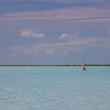
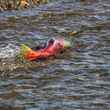

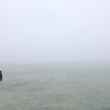
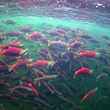



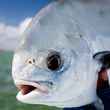
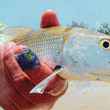
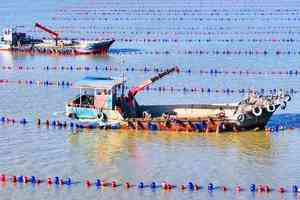
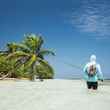


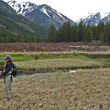




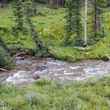




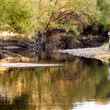
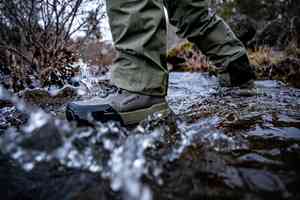
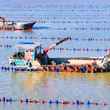
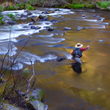
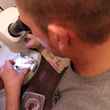
Comments